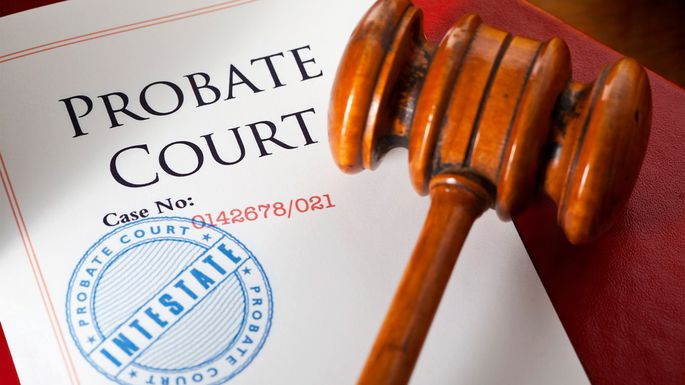When is Probate Unnecessary?
Probate is the court process of transferring a decedent’s assets into the names of the lawful heirs or beneficiaries. If the decedent owned property held solely in his or her name and without a designated beneficiary, there is no way for the beneficiaries to obtain legal ownership without going through the probate process.
So, when is probate unnecessary? In short, probate is not required when the estate is “small”, or the ownership structure of the property is designed to pass outside of probate. If so, it is possible to skip probate entirely, with careful planning. This is desirable for many people because doing so not only reduces legal fees and expenses, but avoids estate taxes, which could be substantial. Avoiding probate can also protect privacy, since records may not be publicly available outside of probate.
Probate Avoidance Techniques
One of the more common ways to avoid probate is through the use of a revocable living trust. Assets are placed in the trust, but they can used by the trust creator during his or her lifetime. Upon death, the trust assets are passed to the trust beneficiaries under the terms of the trust document. No probate is necessary.
Life insurance policies also pass property outside of probate. Whoever you name as beneficiary on your life insurance policy will receive the death benefit directly without the need for probate.
Some retirement accounts, bank accounts and brokerage accounts can also pass outside of probate. The account owner names a beneficiary and that person then receives the balance of the account after the owner’s death.
Real estate owned as joint tenants is another asset that passes outside of probate. This type of property has two owners. When the first owner passes away, the second one automatically owns the property.
Small Estates Exemption
In addition, “small” estates are exempt from probate if they meet the requirements of small estates law. In California for example, an estate valued at $166,250 or less may not need to go to court. The exemption gives small estates a break because a full probate process can be expensive, time-consuming, and complex.
Even if an estate includes some assets subject to probate, it will not necessarily have to go through the full, formal process if the total value of those assets falls below the relevant state’s small estate limit. For example, in California, if the deceased had substantial assets held in beneficiary accounts and as joint tenants, and an individual savings account with a balance of $25,000, the estate would likely not have to go through probate because only the $25,000 would be counted towards the $166,250 limit.
Using the above methods, individuals and couples that plan carefully could potentially eliminate the need for probate entirely by ensuring that their assets are structured in a way that avoids the process. If probate is necessary, Lynx can assist by preparing all the documents required to complete the process. Lynx can also handle all documentation necessary to create a living trust, will, real estate transfer, or any other document preparation need. We will make sure your documents are in tip top shape so that the process goes as smoothly as possible.
Please contact us if you have any questions regarding the above, or if you would like further information on our services. We can be reached at 888-441-2355 or info@lynxlegal.com. Our experienced professionals are standing by to answer any inquiries you may have.
